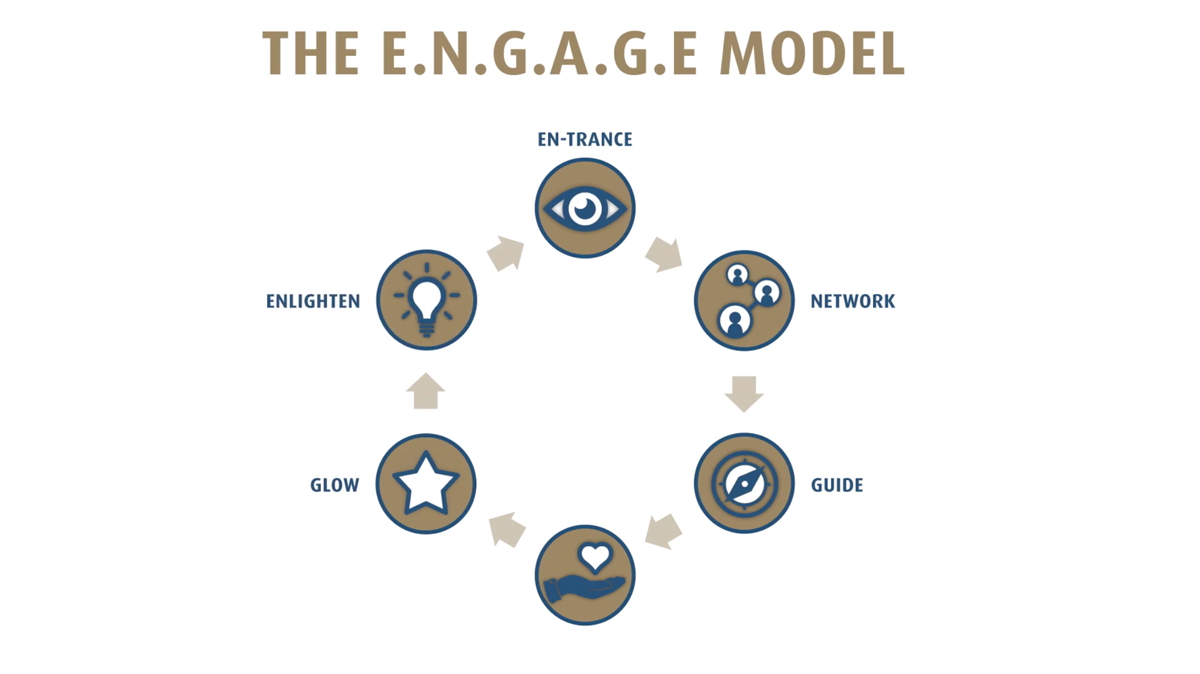Coaching Your Team for the Long Haul
Posted By Duncan Fish on August 9, 2017

Coaching is not just for sports teams. From teachers in the high school classroom, to group leaders in the office, coaching is an alternative to delegating or merely instructing — and the results are noteworthy.
The primary reason why to coach?
Coaching allows your team to learn something for themselves, rather than you just handing them the answers and telling them to now “just do it.”
In fact, the coaching method of leadership is often tied to the old proverb we all know: “Give a man a fish, and you feed him for a day; teach a man to fish, and you feed him for a lifetime.” You’re showing your team members how to think, and therefore, how to arrive at the correct conclusions, all on their own.
Of course, take a note of warning: coaching doesn’t work in every single situation; so don’t look to it for a miracle leadership tactic. In all instances, the person you’re coaching will need to have an eagerness to learn, and also a certain amount of skill or knowledge. You can’t put someone who’s never been in a car, into a brand-new car and then coach them down the road. They’d run into something in the first five seconds! Likewise, coaching won’t work on someone who has very little interest or skill in the focus area of the coaching.
However, coaching can be a sure fire success if you have someone (or many someones) on your team who’s smart, talented, eager to learn and ready for action, and at least reasonably familiar with the tasks at hand.
You may be thinking — but this person doesn’t sound like they need any coaching! They’re probably already a great member of their team!
Yes, they probably are indeed a great member of their team, but that doesn’t mean they haven’t occasionally found themselves stuck in a rut, thinking in circles and trapped inside a hypothetical creativity prison of their own devices. Sometimes they just can’t see a solution to a challenge they’re up against.
Coaching, however, can help them think in new ways.
Encouraging them, asking them thought-provoking questions and really nurturing their development can help them to come to a solution all on their own.
Now, yes, coaching isn’t quite a quick solution as just telling someone how to fix their problem, or even just fixing their problem for them, but your goal as a leader shouldn’t always be to just get a job done quickly. You should be thinking about taking your team to the next level, and raising up a group of coworkers that are praised for their tenacity and initiative as a whole. It really is about you as the leader being a team player, and wanting to see the entire team succeed and grow, as well as producing the results your boss wants to see.
Coaching is about lifting your team to your level, so you can start focusing on the level above you. Yes, coaching takes time and effort, but is it worth in the long run? Absolutely. But, are you the type of leader who can make a truly great coach?
Or perhaps you feel better being a mentor, read here to know the difference between a Coach and a Mentor. If you would like a free assessment of skills against the ENGAGE model, click here.



